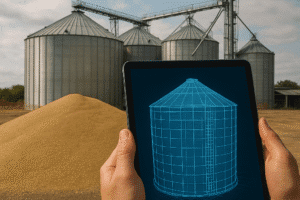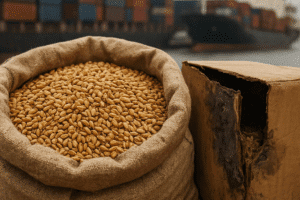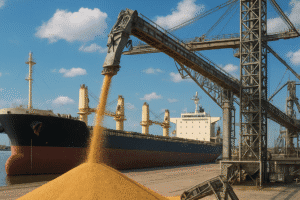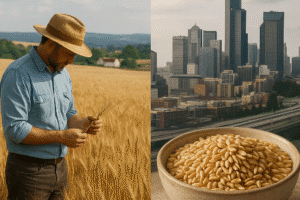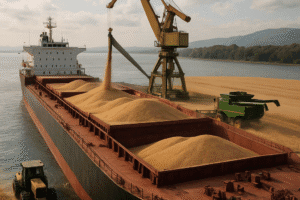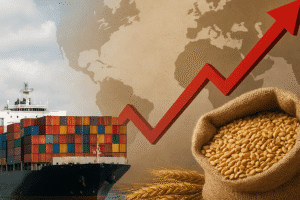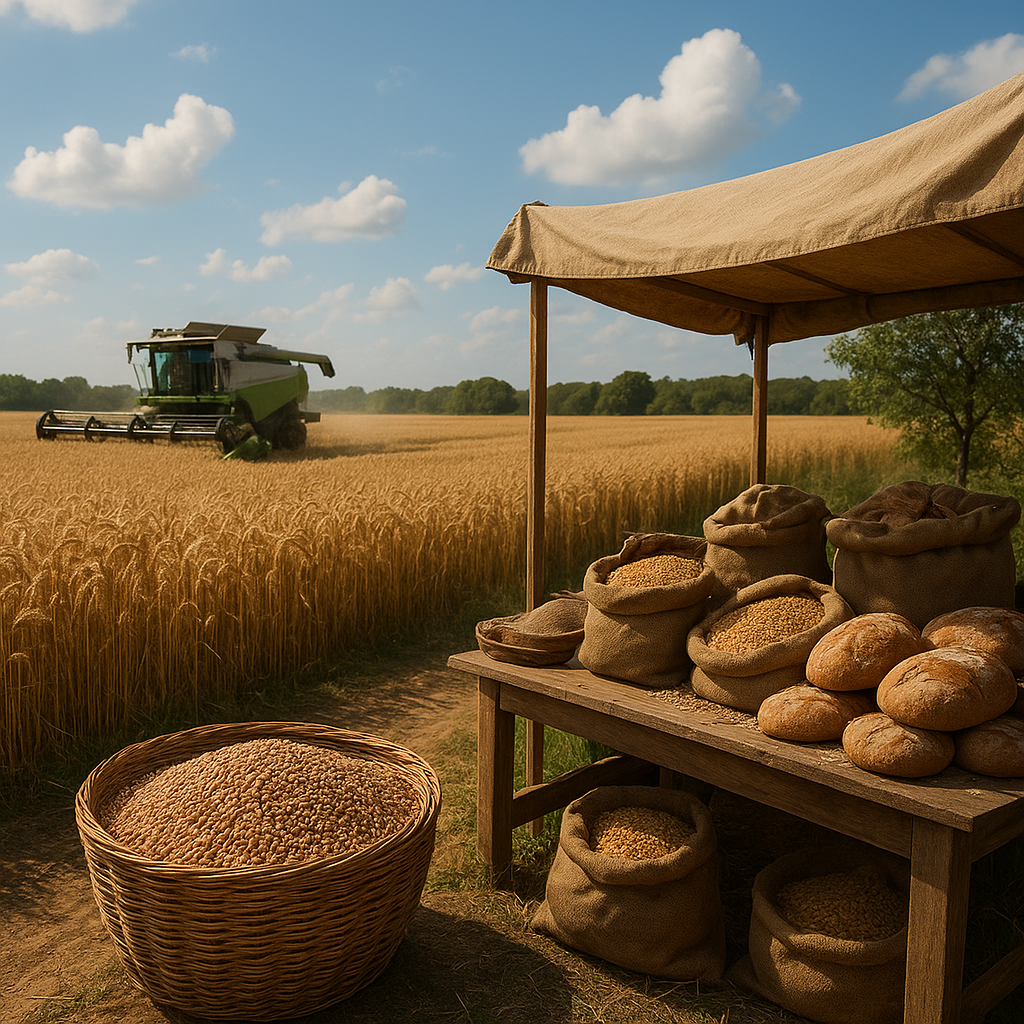The corn industry is poised to face a myriad of challenges by 2025, driven by a combination of environmental, economic, and technological factors. As one of the most widely cultivated grains globally, corn plays a crucial role in food security, animal feed, and biofuel production. However, the pressures of climate change, market volatility, and evolving agricultural practices are reshaping the landscape of corn production. This article delves into the key challenges that the corn industry is likely to encounter in the coming years, exploring their implications for farmers, consumers, and the global economy.
Environmental Challenges
One of the most pressing challenges facing the corn industry in 2025 is the impact of climate change. Rising temperatures, shifting precipitation patterns, and increased frequency of extreme weather events are all factors that can significantly affect corn yields. Corn is particularly sensitive to temperature fluctuations, with optimal growth occurring between 60°F and 95°F. As global temperatures continue to rise, regions traditionally suitable for corn cultivation may become less viable.
Impact of Climate Change on Crop Yields
Research indicates that for every degree Celsius increase in temperature, corn yields could decline by approximately 1% to 2%. This decline is exacerbated by the increased likelihood of droughts and floods, which can lead to crop failures. Farmers may need to adapt their practices, such as altering planting dates or selecting more resilient corn varieties, to mitigate these effects. However, these adaptations often require significant investment and access to new technologies, which may not be feasible for all farmers.
Soil Degradation and Nutrient Management
Another environmental challenge is soil degradation, which can result from intensive farming practices, overuse of fertilizers, and inadequate crop rotation. Healthy soil is essential for sustainable corn production, as it provides the necessary nutrients and structure for plant growth. The depletion of soil health can lead to reduced yields and increased susceptibility to pests and diseases. To combat this, farmers will need to adopt more sustainable agricultural practices, such as cover cropping and reduced tillage, which can help restore soil health and improve resilience against climate impacts.
Economic Pressures
The corn industry is also facing significant economic pressures that could impact its viability by 2025. Fluctuating commodity prices, trade policies, and the rising costs of inputs such as seeds, fertilizers, and fuel are all factors that can affect farmers’ profitability. The volatility of corn prices, influenced by global supply and demand dynamics, can create uncertainty for farmers, making it challenging to plan for the future.
Market Volatility and Price Fluctuations
Market volatility is a persistent issue in the agricultural sector, and corn is no exception. Prices can be influenced by various factors, including weather conditions, geopolitical events, and changes in consumer preferences. For instance, a poor harvest in a major corn-producing country can lead to a spike in prices, while a bumper crop can result in a significant price drop. Farmers must navigate this uncertainty, often relying on futures contracts and other financial instruments to hedge against price fluctuations.
Trade Policies and Global Competition
Trade policies also play a crucial role in shaping the corn industry. Tariffs, trade agreements, and export restrictions can all impact the flow of corn in international markets. For example, changes in U.S. trade policy could affect the competitiveness of American corn in global markets, particularly in regions like Asia and Latin America, where demand for corn is growing. Additionally, competition from other countries, such as Brazil and Argentina, which are also major corn producers, can further complicate the market landscape.
Technological Advancements and Adoption
As the corn industry grapples with these challenges, technological advancements offer both opportunities and hurdles. Innovations in biotechnology, precision agriculture, and data analytics have the potential to enhance productivity and sustainability. However, the adoption of these technologies is not uniform across the industry, and disparities in access can create challenges for smaller farmers.
Biotechnology and Genetically Modified Organisms (GMOs)
Biotechnology has revolutionized corn production, with genetically modified organisms (GMOs) playing a significant role in enhancing crop resilience to pests, diseases, and environmental stressors. By 2025, the adoption of GMO corn varieties is expected to increase, particularly in regions facing severe agricultural challenges. However, public perception and regulatory hurdles surrounding GMOs can hinder their widespread acceptance. Farmers must navigate these complexities while considering the potential benefits of adopting GMO technology.
Precision Agriculture and Data-Driven Decision Making
Precision agriculture, which utilizes technology to optimize farming practices, is becoming increasingly important in the corn industry. Tools such as drones, soil sensors, and satellite imagery allow farmers to monitor crop health, manage resources more efficiently, and make data-driven decisions. However, the initial investment in these technologies can be prohibitive for some farmers, particularly those operating on smaller scales. Bridging the gap in technology access will be crucial for ensuring that all farmers can benefit from these advancements.
Conclusion
The corn industry is at a crossroads as it approaches 2025, facing a complex array of challenges that require innovative solutions and adaptive strategies. Environmental factors, economic pressures, and technological advancements will all play a role in shaping the future of corn production. To thrive in this evolving landscape, farmers, policymakers, and industry stakeholders must collaborate to develop sustainable practices, embrace technological innovations, and navigate the intricacies of the global market. By addressing these challenges head-on, the corn industry can continue to play a vital role in feeding the world and supporting economic growth.
